

Vladimir Ashkenazy may be in his early 60s, but if these Shostakovich Preludes and Fugues are any indication, his mind and fingers have been dipping
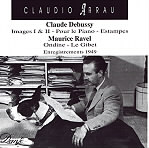
Listeners accustomed to the pastel shadings and suggestive hues Gieseking brought to this repertoire may be caught off guard by Arrau’s primary colors, bold, assertive

While lightweight, encore-type fare dominates this splendidly transferred anthology recorded between 1933 and 1939, the Tasmanian born Eileen Joyce is no trifling pianist. At 21

Max Reger’s music is never likely to be popular. Among this century’s great pianists, only Rudolf Serkin championed some of it (the piano concerto in

Vladimir Horowitz preferred Bruno Walter as a concerto collaborator to his redoubtable father-in-law Arturo Toscanini, and it shows in these broadcast performances. The sound is
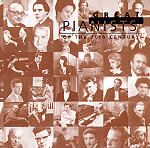
Anyone who still harbors doubts about the Martha Argerich phenomenon should buy this sensational overview of her finest solo DG recordings. Pianistically, Argerich can do
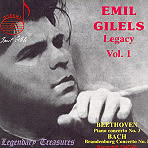
Doremi continues to mine rare postwar Melodiya bounty, launching a series devoted to Emil Gilels. His 1947 Beethoven Third is the first of his six
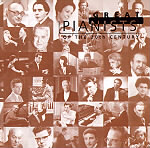
Recorded between 1964 and 1983, these selections by Borodin, Chopin, Liszt, Prokofiev, Rachmaninoff, Ravel and Schumann cover a fair, albeit incomplete spectrum of Ashkenazy’s large,

George Szell owned the Brahms concerto. He recorded it three times in stereo, with Leon Fleischer, Rudolph Serkin, and in this version with Clifford Curzon.
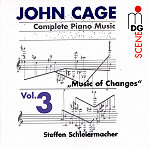
Music of Changes was composed in 1951 for the late avant-garde specialist David Tudor. Each sound event of this four part, fifty minute cycle, including
![]()
